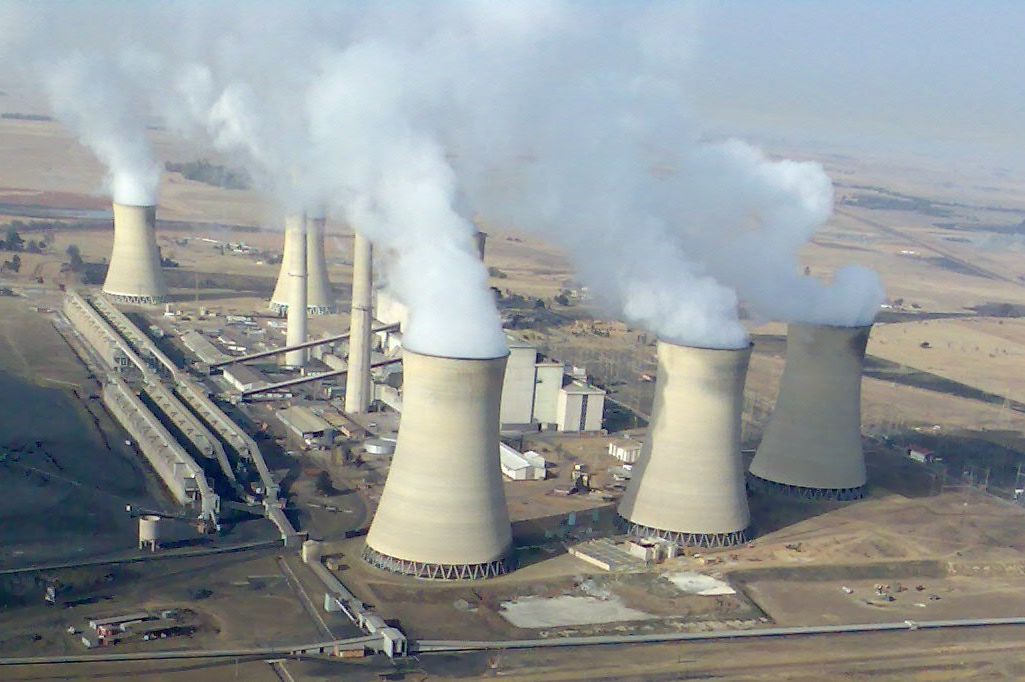The European Bank for Reconstruction and Development (EBRD) has announced it will supply three-quarters of the funds for a €100 million Eurobond reissue by Greek energy company Hellenic Petroleum, which wants to install 204 MW of solar in the nation's coal mining region.
The EBRD said formerly state-owned energy company Hellenic Petroleum, which is now controlled by Greek magnate Spiros J Latsis and in which the government still holds a significant stake, is planning 18 solar plants which would add up to the aggregate generation capacity figure, to constitute what the EBRD described as Greece's biggest renewables project and the largest solar facility in southeast Europe.
The solar field was acquired by Hellenic Petroleum from Juwi this year after the German developer secured the generation capacity through three public tender awards. The project comprises three chunks of generation capacity – 139.24 MW, 27.68 MW and 37.37 MW – with the largest slice having negotiated a tariff of €0.05446/kWh for the solar power it will supply. The other two sections each secured a price of €0.06472/kWh.
To finance the project, Athens-listed Hellenic Petroleum will issue a €100 million Eurobond on the Luxembourg Stock Exchange and the London-based EBRD has signed up for €75 million. The EBRD yesterday described the fundraising exercise as a tap issue, signifying it concerns the release of previously-issued bonds at their original face value and terms but sold at today's market value. The EBRD press release issued to announce the transaction did not indicate whether the anticipated sale value of the bonds is likely to have risen or fallen since their original issuance.
Backing
The EBRD had, in summer 2017, signed up for €28.3 million of a total €450 million Eurobonds issue by Hellenic Petroleum, also in Luxembourg, with those 3.33% bonds set to mature in October next year. It is not clear whether the current tap issue is related to the previous fundraising. At the time, the EBRD said it had put aside €300 million to finance renewable energy in Greece.
The multilateral lender said the 204 MW solar field now planned by Hellenic Petroleum will be near coal plants in Kozani, Western Macedonia, set to be decommissioned under the Greek government's plans to exit coal by 2028. The EBRD said the solar facilities will create 300 construction jobs and then “dozens” of positions during PV plant operation, “most of which will come from the local community.”
The solar plant would be operational in 2022 and would be expected to generate 350 GWh per year, according to the EBRD.
Hellenic Petroleum reportedly plans to develop 600 MW of renewables capacity by 2025 and halve its “environmental footprint” this decade.
Harry Boyd-Carpenter, head of energy for Europe, the Middle East and Africa at the EBRD, said: “We are very proud to support HELPE [Hellenic Petroleum] in developing what will be the largest solar park in southeastern Europe. Greece has a very ambitious decarbonization plan and it will, therefore, need many projects of this scale to replace its existing lignite capacity. We are very happy to be part of this milestone project, led by such a strong sponsor, and support the transition of Western Macedonia towards new, greener economic activities.”
Tender awards
Although Greek state-owned utility Public Power Corp (PPC) was not mentioned by the EBRD yesterday, pv magazine has reported on plans by the electric company to install 2 GW of solar generation capacity in the Ptolemaida area of Kozani, with the utility having already secured 230 MW of project capacity in the area through public tenders.
The pro-business government under Kyriakos Mitsotakis which was elected in Greece last year plans to exit coal by shuttering all its operating sites before 2024 and to mothball another under-construction coal-fired plant by 2028.
Athens has previously asked the EBRD, among other multilateral institutions, to help it draw up a new economic model for its coal-dependent regions.
This copy was amended on 12/10/20 to clarify the solar field concerned was awarded to German developer Juwi through three public tender awards.
This content is protected by copyright and may not be reused. If you want to cooperate with us and would like to reuse some of our content, please contact: editors@pv-magazine.com.




Of sure rich guys have such opportunity. But homeowners cannot even connect the small pv system, because the permission are very expensive.
Why greek Government do not delete VAT tax code for pv equipment, or make it a less, like in Poland – 8% only ?